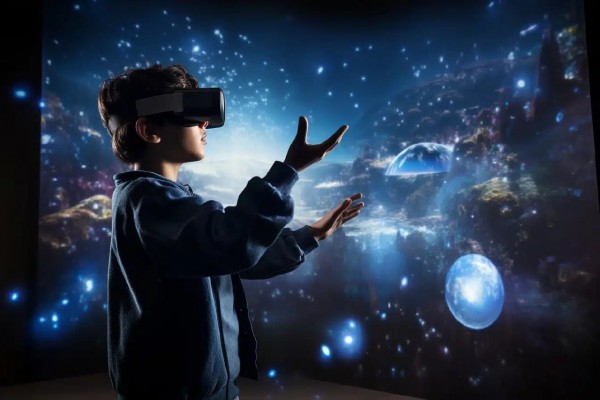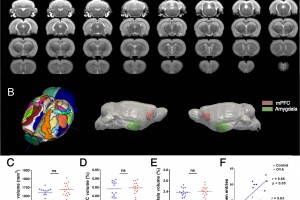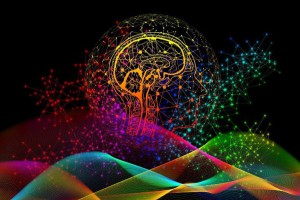Revolutionizing Autism Research in Virtual Reality
Autism, an inherently unique and multi-faceted condition, lacks a standardized diagnostic approach, making treatment and research challenges. A new study highlights the potential of mouse models in autism research, offering insights into molecular and physiological mechanisms.
Researchers emphasize the role of the insular cortex and introduces the innovative “mouse metaverse” – a VR tool to explore brain dynamics during social behavior. With these approaches, the researchers aim to understand the molecular underpinnings of the human mind through autism’s lens.
- Autism’s complexity and individual expression make standardized diagnostic methods elusive.
- Mouse models offer a tangible way to study molecular and physiological mechanisms related to autism.
- The “mouse metaverse” involves using VR to record neural activity during social behaviors, potentially revolutionizing our understanding of brain dynamics.
Autism is difficult to study and more difficult to treat because it is an individual condition lacking precise quantification. The development of mouse models of human mental disorders has proven a tractable approach to studying the molecular mechanisms, a new review argues and highlights the current state of the art in autism research.
Whether or not the autism spectrum is a disorder to be treated or a disability to be accommodated is debated by experts.
This, however, is symptomatic for the fact that it is a very individual condition that has many expressions as well as causes, with no quantitative evaluation system or objective, mechanized diagnostic method. This makes it hard for researchers to analyze the autism’s mechanisms and develop potential treatments.
Kobe University Professor of Physiology and Cell Biology TAKUMI Toru explains the situation: “Autism is a complex disorder like cancer. Although genetic causes contribute to the disorder more than other mental disorders, environmental causes are also important. To treat autism, we need to understand the neural circuits of social maladaptation and develop new technologies to manipulate neural circuits in humans.”
One such technology is the development of mouse models of human mental disorders, of which Takumi is a pioneer. Genetically modified mice that exhibit social behavior disorders offer a unique opportunity to accurately analyze the molecular and physiological mechanisms behind autism and to test potential treatment approaches.
An internationally recognized expert in the field, Takumi was invited by the journal Molecular Psychiatry to summarize the state of the art.
In the review, the neuroscientist stresses the importance of the insular cortex, a deeply buried region of the brain that has reciprocal connections to sensory, emotional, motivational and cognitive systems. In mice, it is involved in the regulation of emotions, empathy, and motivation amongst many other functions, and in humans it is known to be involved in self-awareness.
The review explains in detail which genes and physiological functions of the insular cortex affect the emergence of autism.
“Psychiatric disorders, in general, are considered to be neurocircuit disorders, and therefore, the elucidation of the neural circuitry in social behavior will lead to the development of future neurocircuit-based therapies,” explains Takumi.
One intriguing method to study how molecular dysfunctions cause social maladaptation is what Takumi calls the “mouse metaverse”: “We have recently developed a virtual reality (VR) system to record neural network activity during social behavior. Combining two VR systems opens a new avenue for exploring inter-brain dynamics.”
With his work, the Kobe University professor ultimately tries to understand the molecular basis of the brain’s mental function. “We are interested in the human mind. Through understanding the pathophysiology of autism, I’d like to understand how the human mind is generated in the brain,” says Takumi.





Related Posts